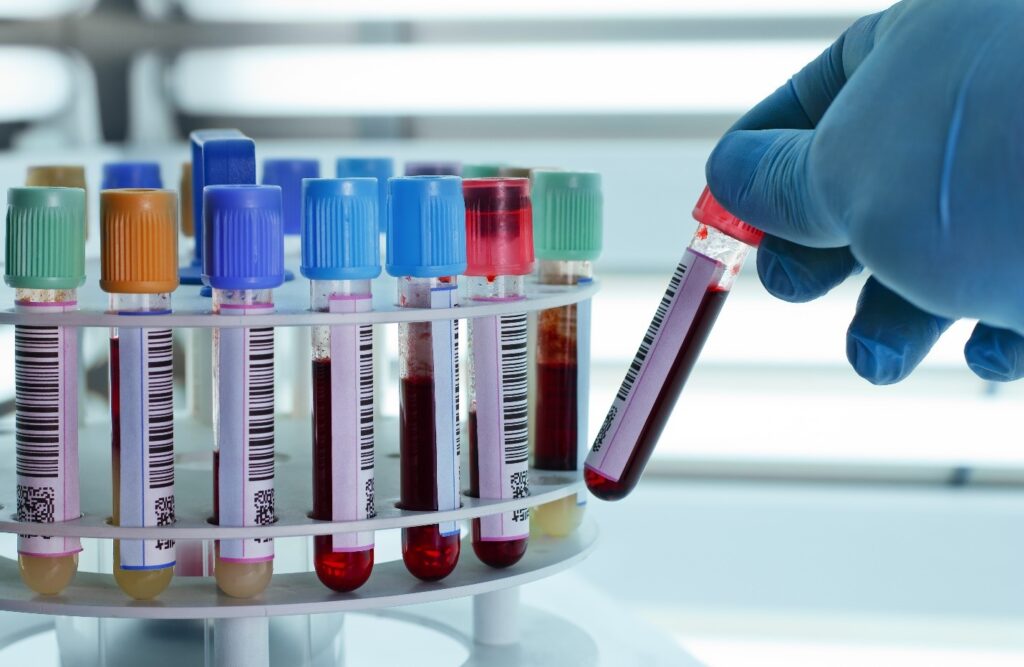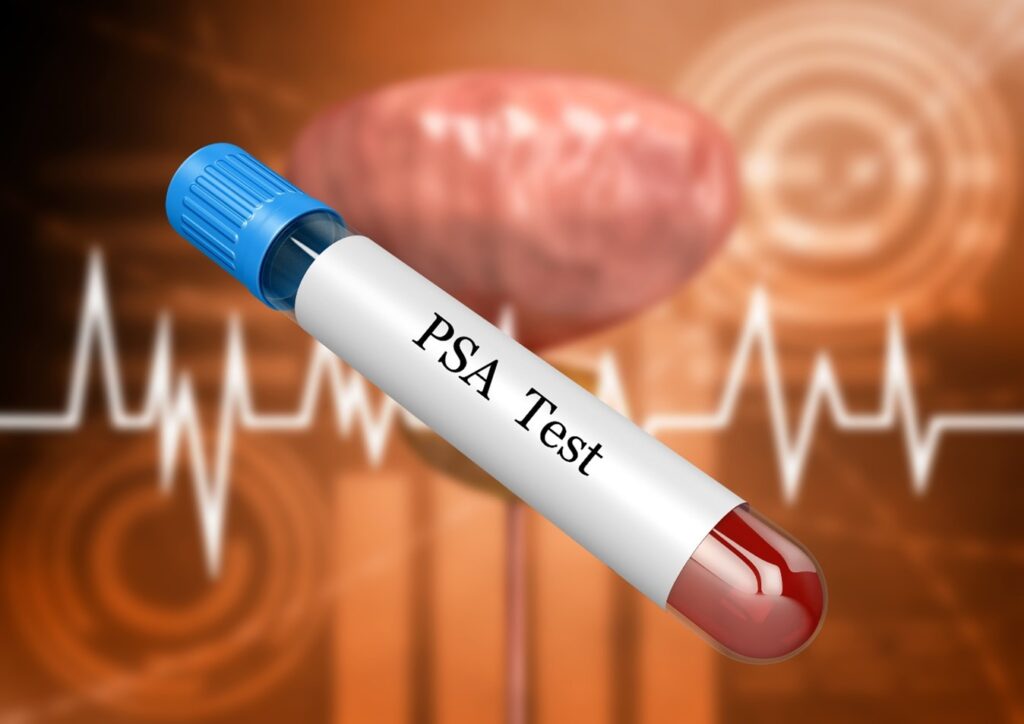In order to detect early disease and implement timely interventions, it’s imperative that individuals schedule and partake in regular medical check-ups with a primary care provider for routine testing and examination.

While the testing needed will vary depending on an individual’s age, current health status, and various risk factors, screening laboratory testing is such a useful tool in medical management for the individual and primary provider. Although it will ultimately be up to the provider’s discretion as to what type of laboratory testing is needed, it’s very important that the individual be proactive in seeking and inquiring about such testing.
In what follows, we’ll be discussing about basic laboratory testing, particularly for preventative medicine. Further, we’ll discuss some of the various standard types of laboratory screening tests for prevalent health conditions such as heart disease, diabetes, and certain cancers.
Basic Types of Screening Laboratory Tests
Laboratory testing helps to contribute significantly to the improvement and betterment of an individual’s health by providing critical information in the management and prevention of disease.
Testing is so useful for establishing patterns and monitoring health. For example, if a new health condition develops, the timing of onset can be better determined with regular testing. In addition, further testing will help monitor how effective a treatment for a specific illness is.
From neonatal screenings all the way to geriatric and palliative care screenings, laboratory tests continue to aid the care of individuals throughout the healthcare system.
The following are some examples of the types of laboratory tests used in preventative health:
- Cholesterol and Lipid Profiling for Heart Disease
- HbA1c for Diabetes
- PSA for Prostate Cancer
Cholesterol and Lipid Profiling
Heart disease is the most prevalent health condition in the United States, causing over 650,000 deaths annually in the United States alone. Cardiovascular disease is also characterized as the leading cause of death globally.

Because of its prevalence rate, heart disease should be evaluated by any helpful method, and blood test screening has proven very useful over recent years. Since high cholesterol and lipid levels have a correlation with heart disease, monitoring these tests is prudent in determining an individual’s risk.
A lipid panel includes total cholesterol, high-density lipoprotein (HDL) cholesterol, low-density lipoprotein (LDL) cholesterol, and triglyceride levels. Studies have shown that over time, higher levels of HDL’s and lower levels of LDL’s correlate with a healthy heart.
HbA1c
According to the American Diabetes Association, nearly 12% of the United States population alone has diabetes, whether diagnosed or not. To quantify the statistic, that’s about 37 million individuals, and the number is increasing. It’s likely that without screening testing, this statistic would be exacerbated.
In order to detect whether a patient might be developing diabetes or is at risk of developing the condition in the future, knowledge of an individual’s current and recent blood sugar levels is necessary. HbA1c, or hemoglobin A1c, is a diabetic test that effectively measures the average blood sugar levels in an individual over the past 2-3 months.
Knowing this information gives a clinician helpful information to determine whether an individual is at risk or is currently developing diabetes. The provider can then make recommendations on management of blood sugar control and perhaps implement methods to try to improve or even reverse the condition. Such measures are likely to include dietary changes or possibly medications depending on the data.
Finally, the test will also act as an accurate predictor for year-round difficulties that individuals have with blood sugar levels and can help identify the times when an individual must make more effort to manage their diet better.
PSA
Prostate cancer is the most common form of cancer in men globally, affecting nearly 300,000 men in the United States annually. 1 in 8 men are predicted to have a diagnosis of prostate cancer in their lifetime.
A PSA Test, or Prostate-Specific Antigen Test, is a laboratory test widely used among those with a family history of prostate cancer. The test itself measures a specific protein in the blood that’s produced by tissue in the prostate that can potentially be cancerous.

While this test is beneficial when used in the right context, its statistical variation must be considered. Although a rise in PSA levels may be associated with prostate cancer, it can also be a result of normal age or of another condition unrelated to cancer.
However, PSA levels can be a helpful guide if monitored over a significant period of time. If levels change at some point, it’s appropriate to investigate further and consider additional evaluation for the possibility of prostate cancer.
While other tests like the CA125 Test for Ovarian Cancer and the Carcinoembryonic Antigen Test for Colon Cancer play an important role in monitoring existing cancer, they aren’t preventative screenings and should not be used as such.
Final Thoughts
Preventative health laboratory testing is quite valuable in monitoring and helping to prevent disease and optimize health.
These tests allow for proactive measures by healthcare professionals to help diminish the prevalence rates of certain diseases. The more tools that can be utilized for optimum health screening, the better our overall health can be.
